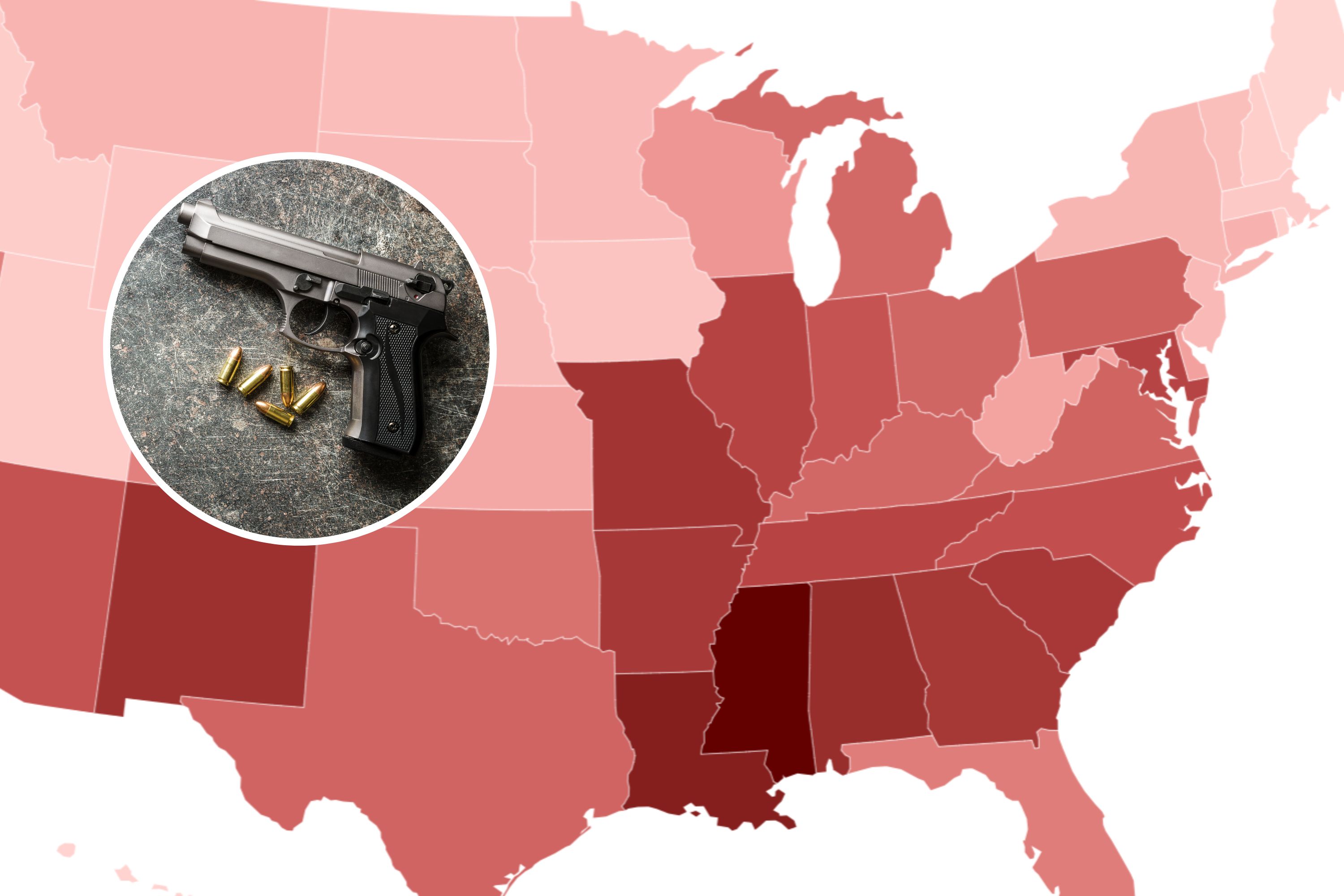After a recent nearby rocket strike marked the fourth consecutive day of operations targeting U.S. positions in Iraq, one of the most powerful militias in the country has forbidden its fighters from attacking the U.S. embassy in Baghdad.
"Targeting diplomatic missions is rejected by the Iraqi resistance, and its decision is to not even strike the evil American embassy military camp," Kataib Hezbollah spokesperson Abu Ali al-Askary, said in a statement.
But he renewed the group's vow to expel the U.S. military presence from the country, amid concerns that Iran was pushing its allies to put pressure on Washington.
"Fighting the occupation army is a purely Iraqi decision," Askary added. "No outside party has any involvement in it, and it will only stop with the withdrawal of the last soldier of the occupying forces."
The U.S. embassy's defenses were activated early Thursday local time as rockets were fired that landed near the headquarters of the National Security Service, Grand Festivities Square and a residential neighborhood of the Sheikh Omar area in Baghdad, the Security Media Cell of the Iraqi Prime Minister's Office said.
Previous attacks, including one in December, caused damage to the embassy compound, which has been an ongoing target. It was damaged in January 2020 when protesters stormed the site in response to U.S. strikes that targeted Kataib Hezbollah positions amid ongoing rocket attacks against U.S. positions.
Two days after the demonstrations subsided, the U.S. conducted a strike that killed Iran-backed fighters in Iraq. Just three days later, the U.S. killed Iranian Revolutionary Guard Quds Force commander Major General Qassem Soleimani and Popular Mobilization Forces deputy chief Abu Mahdi al-Muhandis, who was present at the embassy siege.
Shortly thereafter, the Iraqi Parliament voted to oust U.S. and other foreign troops from Iraq, a decision that Askary said Thursday still stands, as violence continues to escalate.
"The resistance in all its forms is a natural right of the Iraqi people, and its goal is to force the occupation to withdraw and implement the decision of the Iraqi Parliament," Askary said. "The criminal traitor is the one who defends the occupation forces and the killers of our people, not the one who defends the sovereignty of his country and the blood of his people."
He called on Iraqi resistance factions "to preserve the rules of engagement" with the U.S. military. At the same, he said "the enemy must understand the message as well and any retaliation to further U.S. actions would be "harsh" and "expand the targeting area to points that had not been accounted for, and increase the caliber of the strikes to reach stages from which it may not return."

Kataib Hezbollah is a Shiite Muslim paramilitary group founded with Iranian support by the late Muhandis in the wake of the 2003 U.S.-led invasion of Iraq that toppled then-President Saddam Hussein, an ardent enemy of neighboring Iran.
While Washington and Tehran found common ground in tackling a Sunni Muslim insurgency led by the likes of Al-Qaeda, and later, the Islamic State militant group (ISIS), the two nations' own rivalry has prompted a concerted effort to oust U.S. troops by force.
Despite having been designated by Washington as a terrorist organization since 2009, Kataib Hezbollah continues to operate officially in Iraq as part of the state-sponsored Popular Mobilization Forces. The collective today wields expansive clout in the country, and successive Iraqi leaders, including Prime Minister Mustafa al-Kadhimi, have struggled to assert authority over the many armed militias in the nation.
The Security Media Cell condemned the most recent attack near Iraq's Green Zone, where the U.S. embassy is located, as incompatible with the country's interests.
"These actions that do not seek the good of this country will be faced with force by the security services," the cell said, "which will pursue through intelligence and fieldwork those who carried out these actions that endanger the lives of citizens, as well as targeting foreign diplomatic missions."
U.S. soldiers and partnered Syrian Democratic Forces have also come under attack in Syria, where the "Axis of Resistance" operates as well on behalf of the government and its Iranian ally.
On Thursday, Pentagon Press Secretary John Kirby said the U.S. was "obviously deeply concerned" by the attacks on U.S. positions in both countries.
"We take the security and safety of our people overseas extremely seriously," Kirby said. And you've seen us retaliate appropriately when that safety and security has been threatened."
Taking note of two minor injuries incurred during an attack Wednesday at Ain al-Asad Air Base in Al-Anbar province, he said such assaults are "not something that we ever lose sight of."
"These attacks, they're using lethal weapons. I don't know how you can say anything other than it's a serious threat," Kirby added. "We were lucky the other day. Two people had minor injuries. Who knows how else that could have turned out? We take each one of these deadly serious."
On Wednesday, State Department spokesperson Ned Price also acknowledged the uptick in attacks and expounded on the U.S. position.
"There are a limited number of U.S. and other coalition advisors at Iraqi bases, at Iraqi government invitation that, in turn, assist and enable Iraqi Security Forces to confront the remnants of ISIS," Price said. "Look, I wouldn't want to speak to the motivation of these attacks. I will say that what we recognize is that these attacks reflect and are representative of the threat that Iran-backed militias present fundamentally to Iraq's sovereignty and to Iraq's stability."
Meanwhile, officials from Washington and Tehran remain locked in indirect negotiations in the Austrian capital of Vienna aimed at bringing their nations back into initial levels of compliance with a 2015 nuclear deal, officially known as the Joint Comprehensive Plan of Action (JCPOA), abandoned three years later by the U.S.
Price said Thursday that no date had been set for the seventh round of discussions among nuclear deal parties, which also include China, the European Union, France, Germany, Russia and the United Kingdom, but that U.S. officials "remain fully engaged in this work to see if we can achieve that mutual return to compliance with the JCPOA."
Uncommon Knowledge
Newsweek is committed to challenging conventional wisdom and finding connections in the search for common ground.
Newsweek is committed to challenging conventional wisdom and finding connections in the search for common ground.
About the writer
Based in his hometown of Staten Island, New York City, Tom O'Connor is an award-winning Senior Writer of Foreign Policy ... Read more





